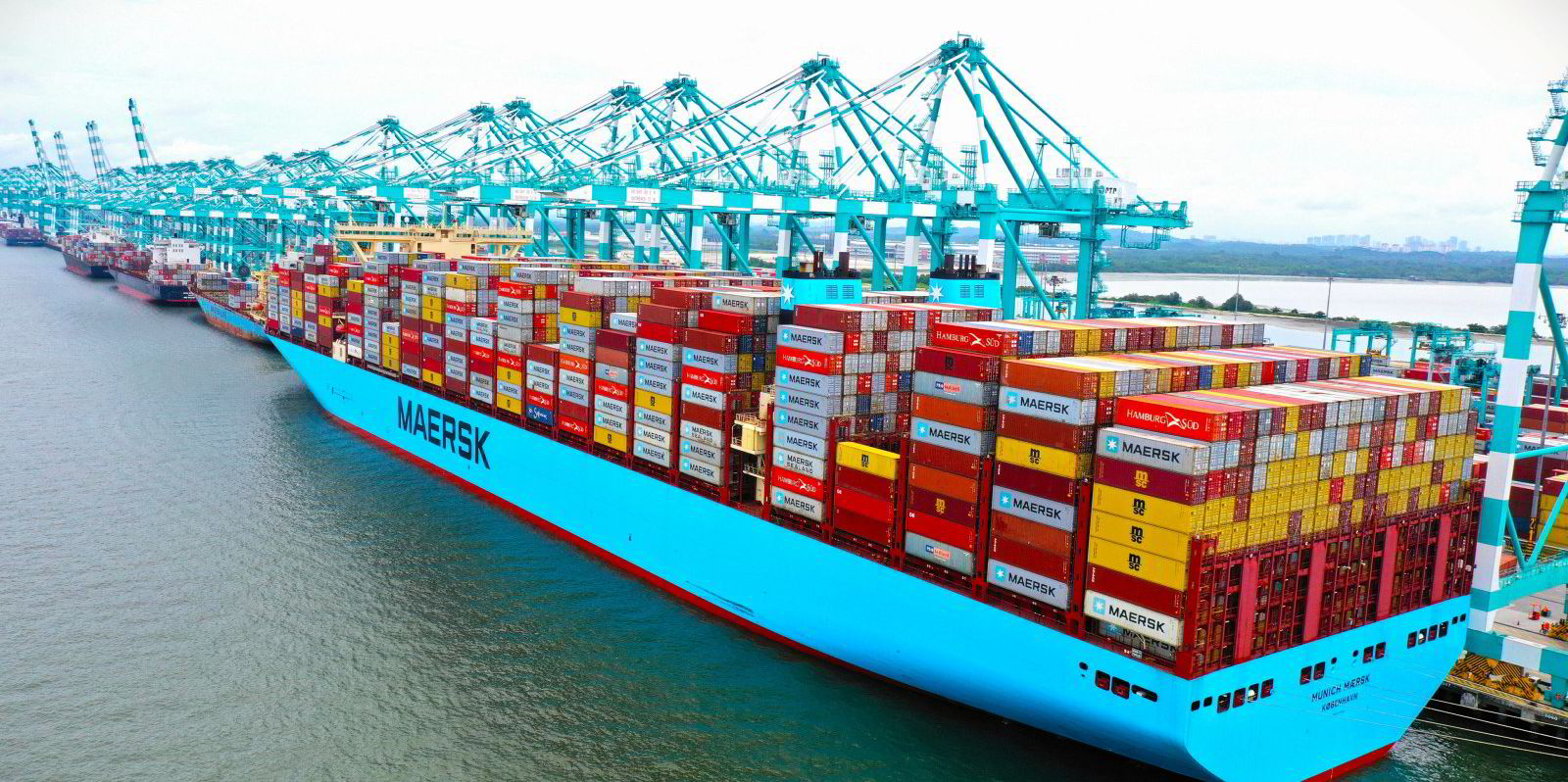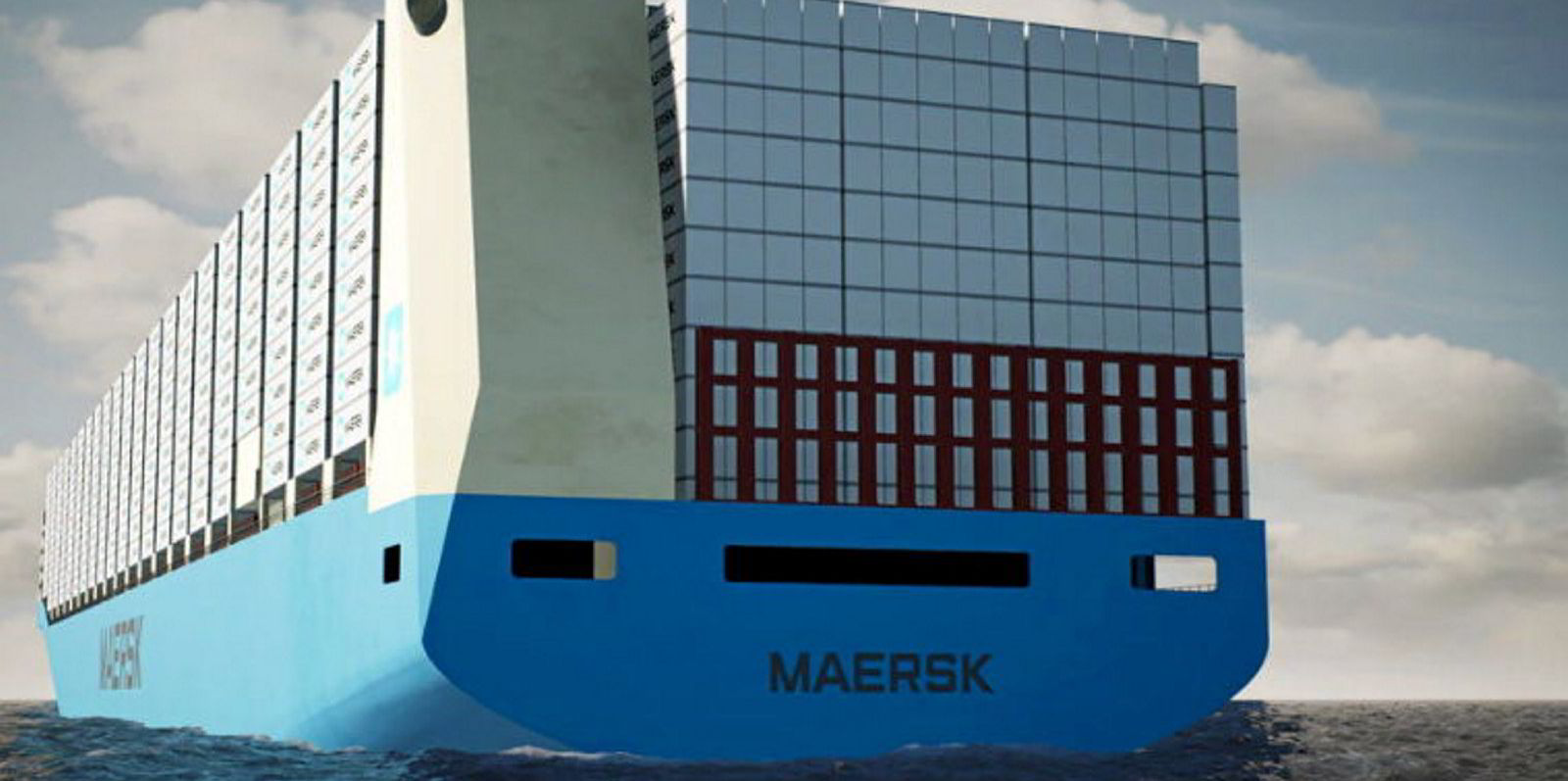Danish liner giant AP Moller-Maersk is among some of the world’s biggest polluters that are failing to disclose the impact of climate-related risks in their financial statements, a new United Nations-backed report has found.
Maersk was among 134 major companies and their auditors who were found to be missing quality standards of reports they are providing investors, as scrutiny continues to increase on the gaps between companies’ public pledges and policy.
In a detailed assessment of organisations accounting for up to 80% of corporate carbon emissions, independent think tank Carbon Tracker said all but eight did not provide sufficient information to demonstrate how their financial statements include consideration of the financial impact of material climate matters.
“Companies failed to disclose the relevant quantitative climate-related assumptions and estimates used to prepare the financial statements, even when they indicated that climate risks may impact these assumptions,” Carbon Tracker said in the second annual edition of the study of recent financial reports.
Maersk is the only shipping company in the companies studied that comprise the Climate Action 100+ group.
“Given that Climate Action 100+ focus companies were selected for engagement by investors because of their exposure to climate issues, it is difficult to argue that climate is not material to them,” the report said.
Among the many other household names to fail the assessment were Anglo American, BMW, Bunge, Chevron, Dow, ExxonMobil, General Electric, PetroChina, Petrobras, RWE, Saudi Aramco, Coca-Cola and Volkswagen.
Maersk said it has set a net zero emissions target for 2040 and has set tangible near-term targets for 2030. This includes a 50% reduction in emissions per transported container in the Maersk ocean fleet compared to 2020 and a principle of only ordering newly built vessels that can be operated on green fuels.
However, Carbon Tracker found Maersk and its auditor PwC — and all other companies assessed — failed the two tests it set to assess whether financial statements or its audit report met established standards for net zero.
“No company used assumptions and estimates that were aligned with achieving net zero by 2050 or sooner,” Carbon Tracker said. “This was despite a significant majority of companies having targets or ambitions to achieve this drive.”
Maersk declined to comment.
“These findings are despite the fact that the IASB, FASB and IAASB — the standard-setters for global company reporting and auditing — have made clear that material climate-change issues should be considered in the preparation and audit of financial statements,” the report said.
Carbon Tracker compiled the report with collaboration from the Climate Accounting and Audit Project, which is supported by the UN’s Principles for Responsible Investment network.
Eight companies achieved partial scores by providing all the required information for at least one of the seven metrics used. They were BP, Eni, Equinor, Glencore, National Grid, Rio Tinto, Rolls-Royce and Shell.
“Although scores were generally poor, some progress has been made by select companies, which demonstrated how climate-related matters can be taken into account and adequate disclosures provided,” Carbon Tracker said.
Maersk this week ordered a further six container ships able to burn methanol as fuel, bringing its total of methanol dual-fuelled ships on order to 19.
The six additional ships will save about 800,000 tonnes of CO2 each year, Maersk claims.




